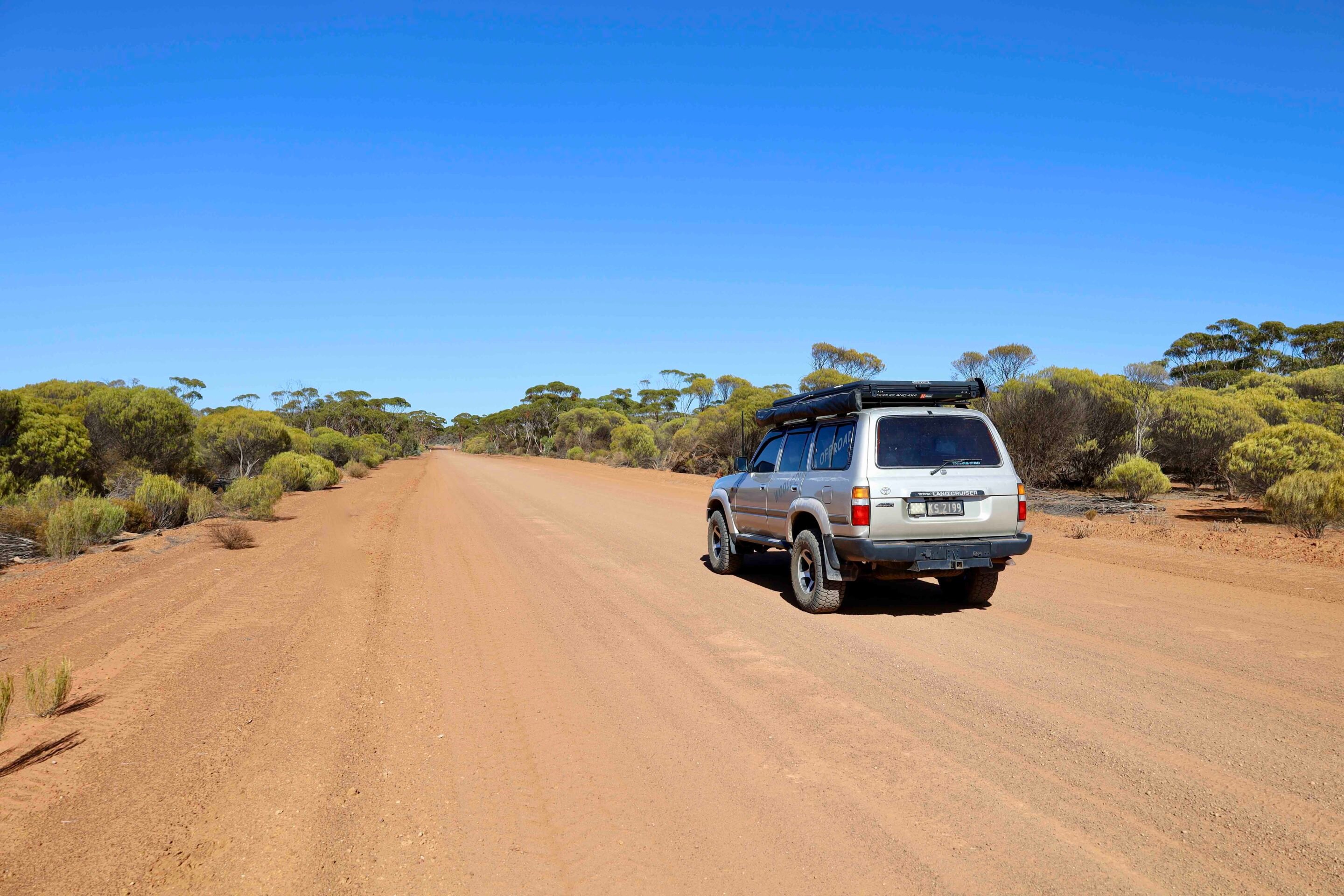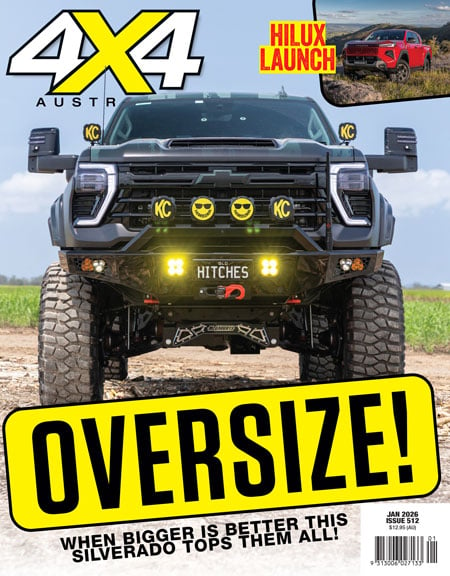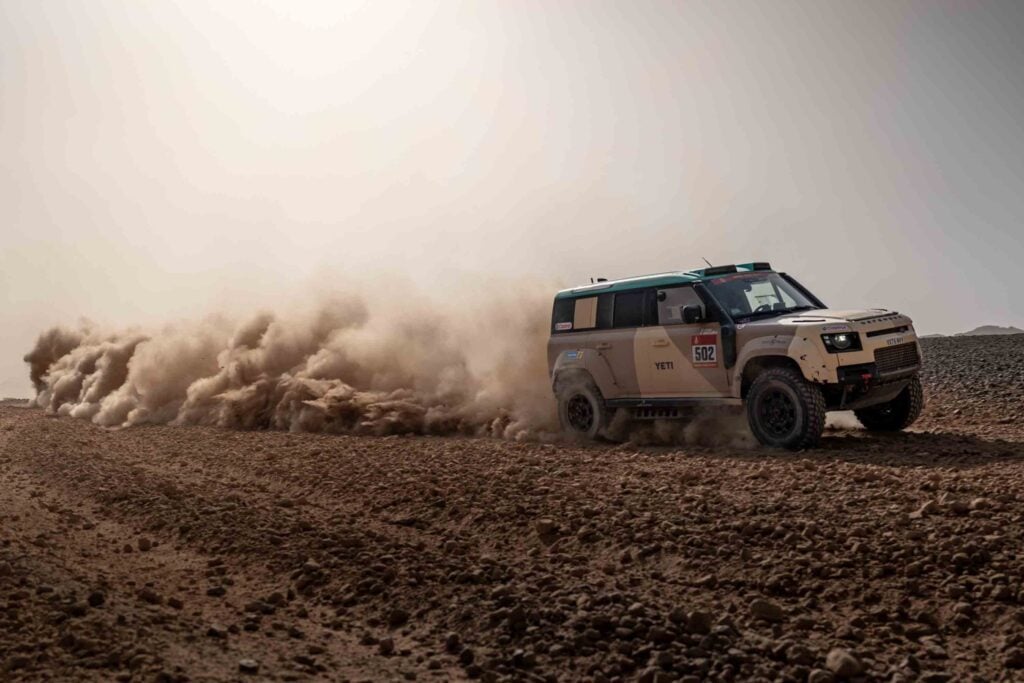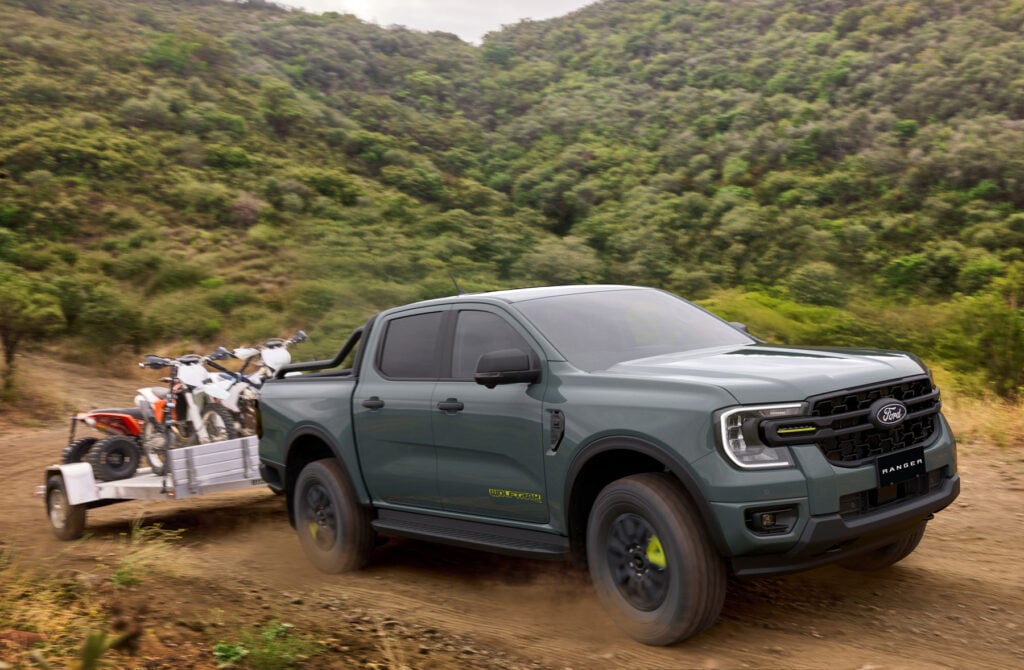A federal proposal to reduce default speed limits on unsigned rural roads has sparked strong criticism and raised concerns among remote-area travellers.
The plan emerged during a national road-safety consultation that attracted more than 11,000 submissions, according to a report by the ABC. Under the proposal, the default speed limit on sealed rural roads with no signage could fall to 70, 80 or 90km/h, while unsealed roads could shift to 70 or 80km/h.
The review forms part of the government’s road-safety action plan, though no final decision has been made and speed-limit setting remains the responsibility of individual states and territories.
Unsurprisingly, the heavy-vehicle sector is pushing back, with the Livestock and Rural Transporters Association of WA telling the ABC that slower limits on unsealed roads would lengthen already demanding journeys across remote regions. Longer hours on the road, the group argued, would heighten fatigue risks for drivers and increase stress on transported animals – issues well understood by anyone who covers long distances on rough country roads.
WA Labor senator Glenn Sterle also voiced his opposition, arguing the proposal is too much of a blanket approach. He said drivers needed the flexibility to “drive to the standards, drive to the conditions, drive to the surrounds,” rather than being constrained by a universal cap that doesn’t account for the vast variation in road surfaces, widths and sightlines across rural Australia.
Supporters of lower limits point out that low-standard, low-traffic country roads are over-represented in serious crashes. Jurisdictions such as WA and the Northern Territory – where unsigned rural roads can default to 110 km/h – consistently record the highest regional road-death rates. For safety advocates, lowering defaults is a quick lever to pull while slower, long-term infrastructure upgrades progress.
The federal government has stressed that the consultation does not reflect final policy and that states will determine what, if anything, is adopted. With thousands of submissions and clear disagreement between transport bodies, regional representatives and safety advocates, the future of unsigned-road speed limits is far from settled.
For now, the government is reviewing the feedback before deciding its next steps – a process that will be watched closely by rural communities, freight operators and off-road travellers who rely on Australia’s sprawling network of unmarked roads.
We recommend
-
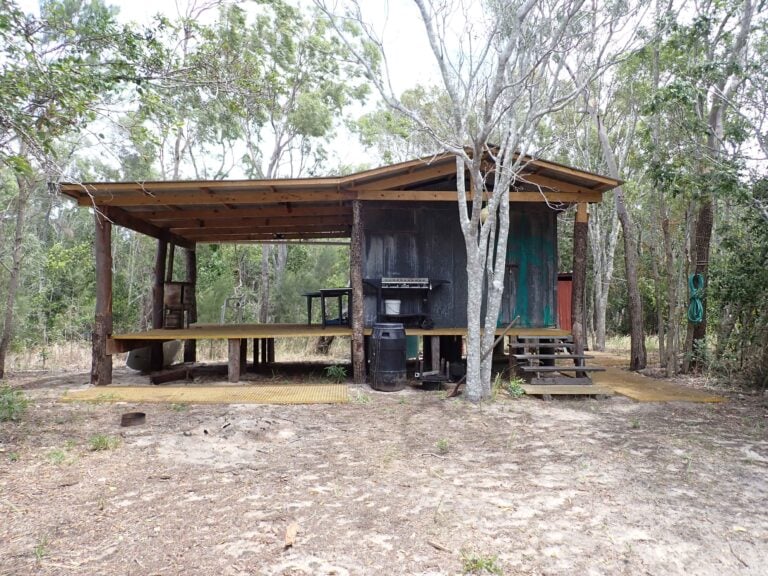 News
NewsIllegal 4WD camp busted on Curtis Island – fines issued over unauthorised cabin in protected National Park
Rangers have uncovered a hidden retreat on Curtis Island, built with felled trees
-
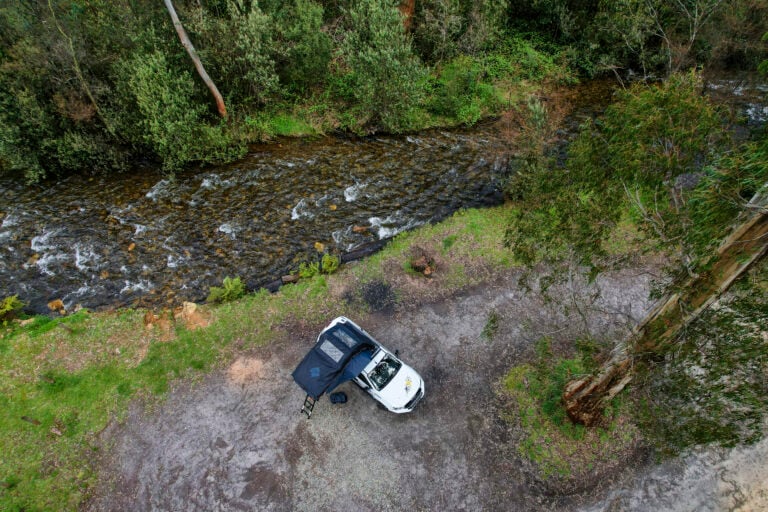 News
NewsLocals lead crackdown on illegal campers in Noosa
Community tip-offs led to a blitz in Noosa, with more than 30 illegal campers slapped with fines
-
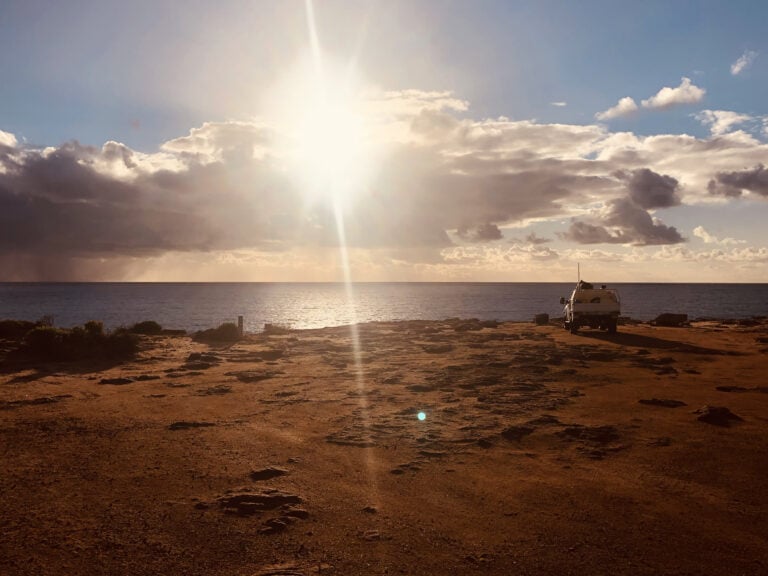 News
NewsCouncils to close unofficial 4WD tracks on WA coastline
Councils along WA’s coast are set to close unofficial 4WD tracks in a bid to protect dunes and manage beach access

